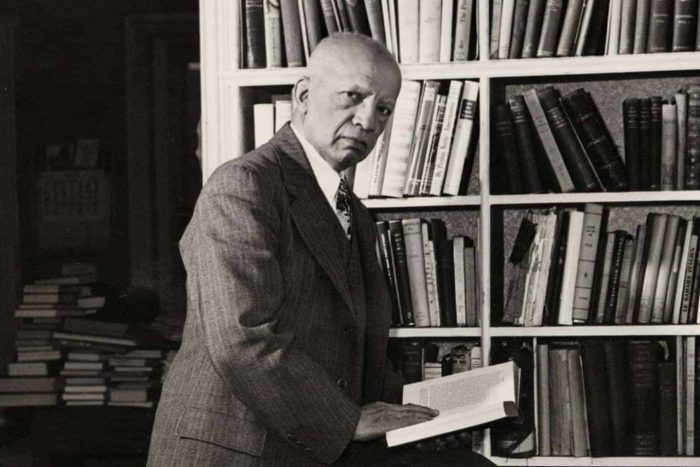Reflections on Black History Month
Units across the entire Smithsonian have participated in this year’s Black History Month. The American Women’s History Initiative hosted a Wikipedia edit-a-thon to raise awareness around Black women in food history. The Sidedoor podcast released an episode tracing the little-known history behind King’s famous “I Have a Dream” speech. Following the official theme of the Association for the Study of African American Life and History (ASALH), NMAAHC has created a web portal exploring the topics of Black health and wellness. These activities have prompted me to reflect on how and why Black History Month came to be.

None of the Smithsonian’s efforts this February—indeed, the very idea of “Black History Month” itself—would have come to be without Carter G. Woodson. Born in Virginia to formerly enslaved parents, Woodson became the second Black man to earn a PhD from Harvard, following W.E.B. Dubois. He believed that Black history and culture could be tools for equality, and that bringing this knowledge to the public was vitally important. In 1915, he founded ASALH, with the goal of making Black history more broadly accessible to Americans. In 1926, he created “Negro History Week,” encouraging public schools around the country to educate students about Black history during the second week of February.
Woodson had two primary goals. He wanted to help build a sense of identity and history for the African American community, especially at a time when such racist and negative narratives dominated national discourse: in newspapers, at universities, and in politics. And he wanted to ensure that white Americans understood the importance and centrality of the Black experience. Woodson believed that recognizing and celebrating Black Americans—inventors, scientists, musicians, soldiers—could help bridge the chasm of race and prove that the African American community deserved equality. Negro History Week became Black History Month in 1976, and Woodson’s vision continues to this day as organizations like ASALH and the Smithsonian continue to bring this history to light.
For me, the power of Black History Month lies in the fundamental truth that knowing our history can help all Americans better understand themselves. Anyone can learn about entrepreneurship and ingenuity by studying Madame C.J. Walker. Anyone can learn about resilience and the power of hope from the late Congressman John Lewis. When we recognize and honor the full richness of the American experience, we can help combat our nation’s entrenched and persistent divisions and injustices. We help our audiences hold our country, our communities, and ourselves accountable to the promises of fairness, equality, and justice.
Posted: 26 February 2022
- Categories:







